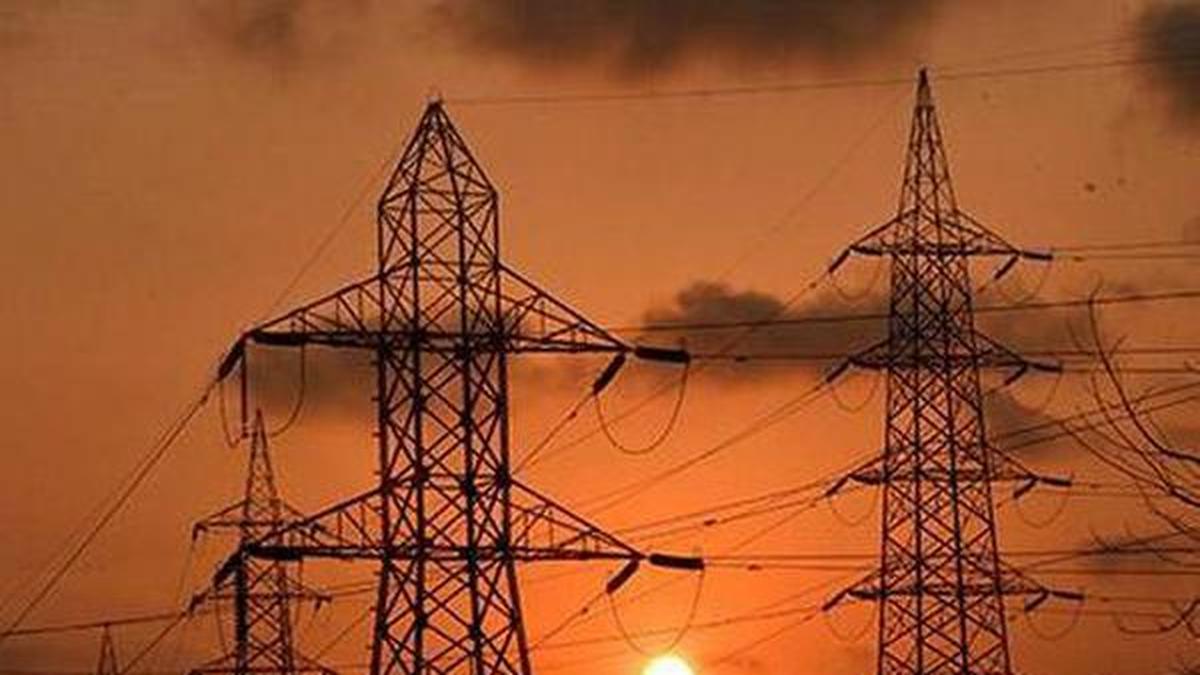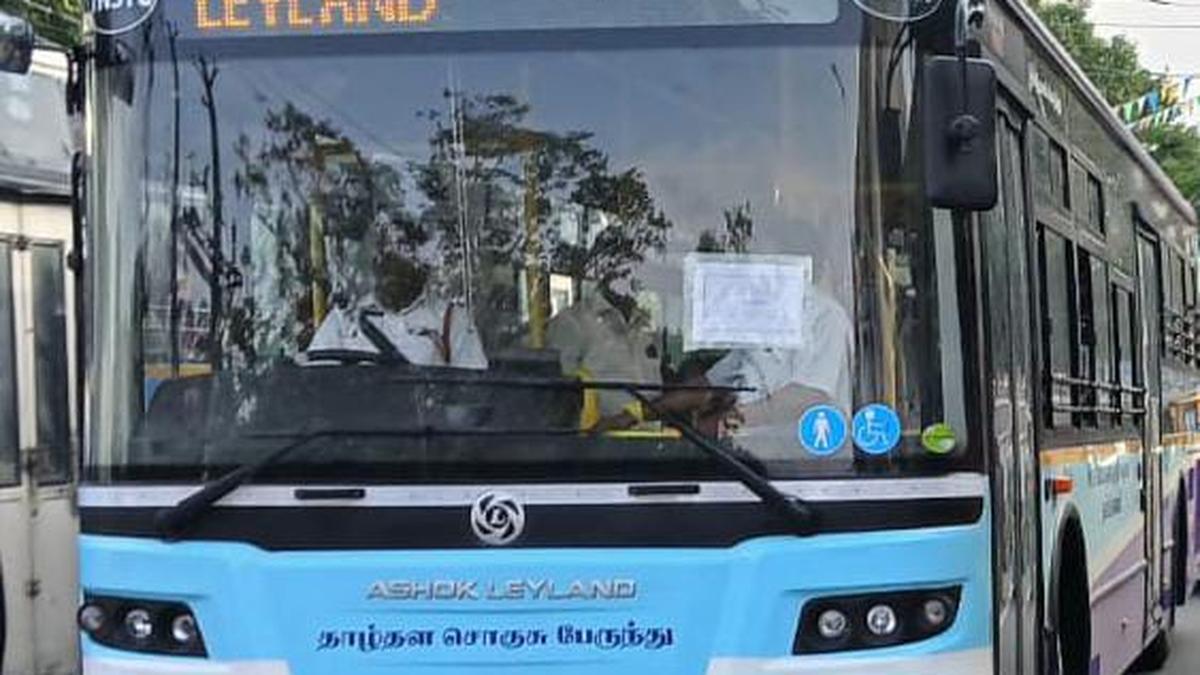Now Reading: Supreme Court: Electricity Must Remain a Public Good, Free from Political Influence
-
01
Supreme Court: Electricity Must Remain a Public Good, Free from Political Influence
Supreme Court: Electricity Must Remain a Public Good, Free from Political Influence

Fast Summary
- Supreme Court Concerns on ERCs: The Supreme Court has questioned the independence and functional autonomy of Electricity Regulatory Commissions (ERCs) under the Electricity Act of 2003.
- Role of ERCs: Thes commissions have exclusive authority to determine tariffs, promote competition, and ensure reliable power supply. Electricity is viewed as a “public good” vulnerable to political influence.
- Regulatory Asset Issues: ERCs were criticized for allowing regulatory assets-used when power distribution revenue gaps arise-to balloon excessively over decades. this results in higher costs for consumers.
- Judgment Details:
– The court pointed out lapses in openness, accountability, and independence within ERC decisions due to issues like appointment processes.
– It emphasized that overburdened regulatory assets harm governance and public interest by jeopardizing consumer welfare.
- Key Directions by SC:
– Regulatory assets must not exceed prescribed limits in the Electricity Rules.
– Existing regulatory assets must be cleared within seven years starting April 1, 2024; future ones should be settled in three years from April 1, 2024.- Roadmaps for asset liquidation and strict audits are mandated.
Indian Opinion Analysis
The Supreme Court’s observations underscore critical challenges in ensuring autonomous energy regulation amidst growing electricity demand in India.The concerns raised about excessive regulatory assets reflect systemic financial inefficiencies that eventually burden consumers wiht higher electricity prices.
By directing timelines for liquidation of these burdensome liabilities alongside stricter oversight mechanisms like audits, the court aims to steer governance of this essential sector towards greater accountability. However, achieving transparency hinges on reforming appointment processes and affirming autonomy within these commissions-a potential test for legislative intent versus practical execution at both state and national levels.
The judgment also reinforces the need for collaboration between ERCs and States to balance cost recovery with equitable access across regions. Stringent adherence to timelines set by the court will play a pivotal role in addressing consumer interests while adhering closely to India’s enterprising energy goals.
Read more: Link
























